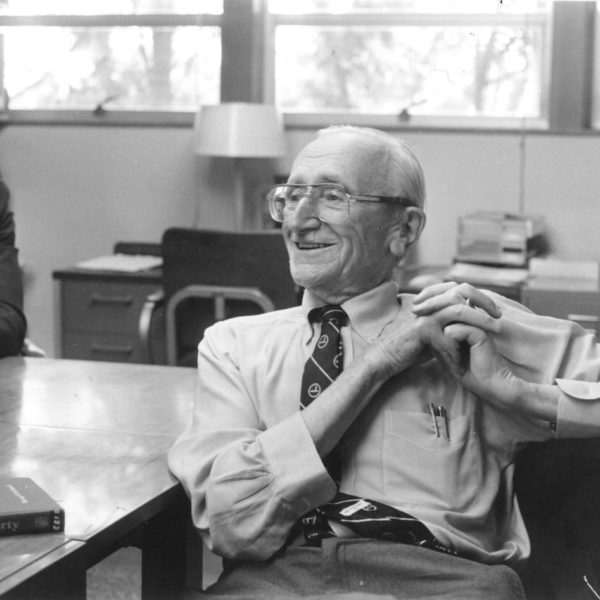
Ubik illuminates what is at stake for the human reimagined as human capital through these transitions, an alienation that expands beyond Joe’s struggles with his apartment door to encompass the deformation of the boundaries of reality itself as he investigates in a world whose ontological foundation has become fluid—commodities are regressing into earlier instantiations of their core use value, and the plot never entirely confirms for us whether it is Joe or his employer who exists in the state of cryonic suspended animation after bodily death that the novel names half-life.
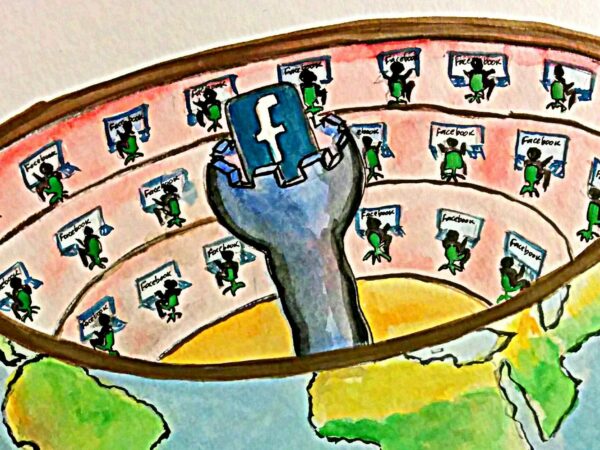
Psychopolitics is Han’s main contribution to political theory. It reflects Han’s rethinking of Bentham’s panopticon and Foucault’s biopower as disciplinary society transitioned into a digital achievement society that defines our contemporary neoliberal globalized world.
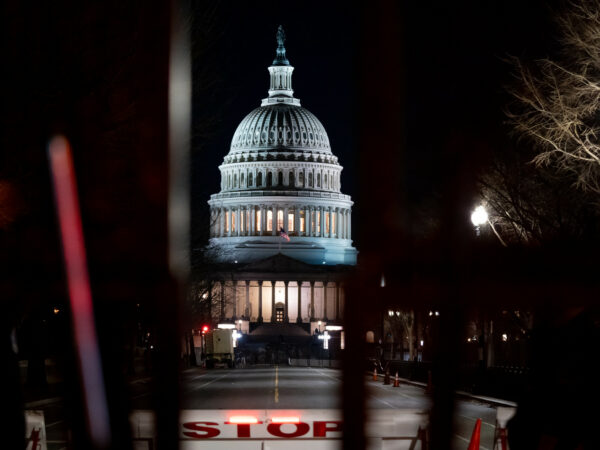
We are shocked. Morally outraged. How could a US president tout “law and order” to incite a blatant attack on “American democracy” and “the rule of law,” encouraging his supporters to storm the US capitol? Commentators decry such hypocrisy, stating the obvious contradiction between US constitutional law and violent coups. My contention in this essay is that no such contradiction exists.

In a world where the market is the foundation, can there be love in politics?
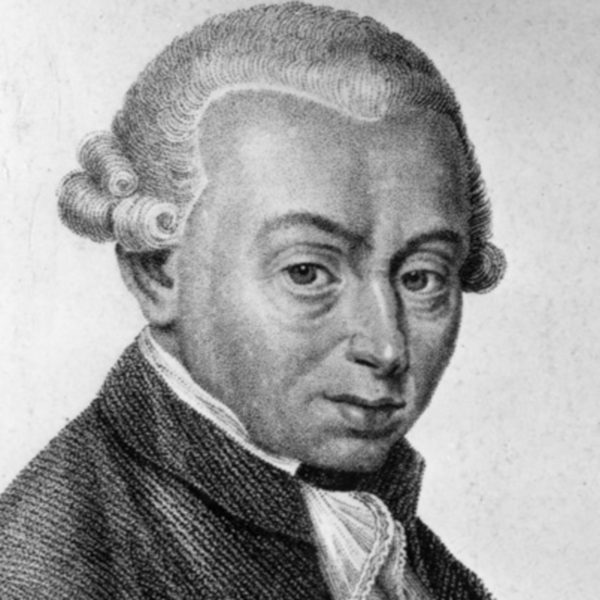
Morality can never have as its aim anything besides what is right in its own right regardless of the incentives or consequences.
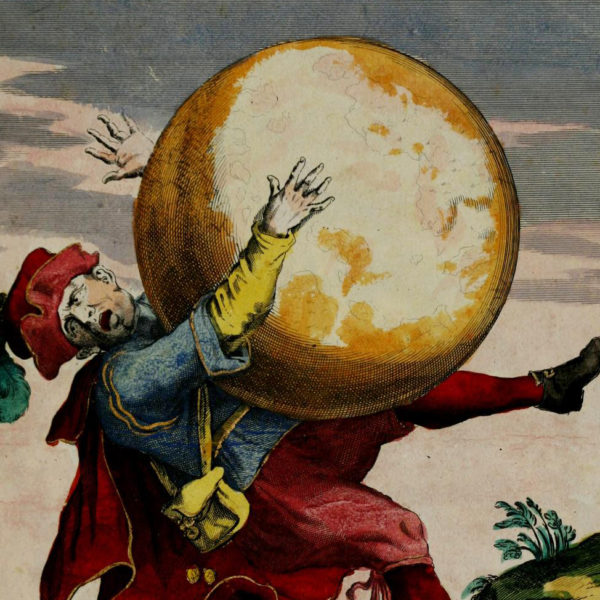
The social is no longer a predicament, but a project.


